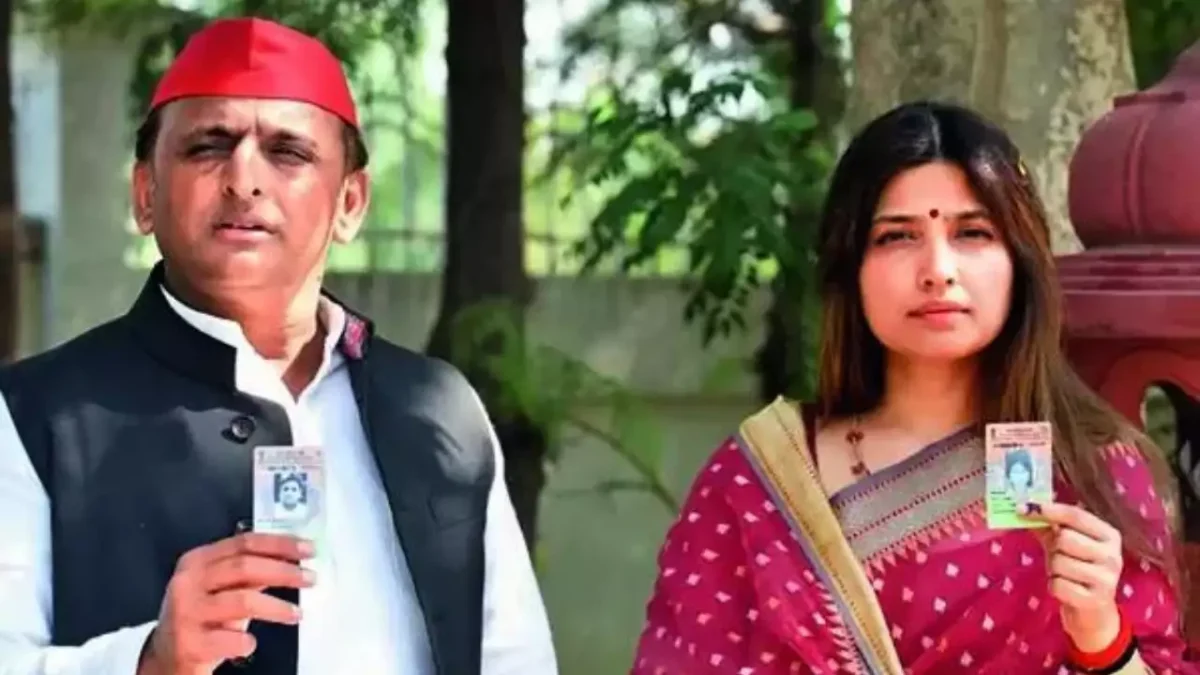In a significant turn of events, the Bharatiya Janata Party (BJP) has faced notable setbacks in the recent elections in Uttar Pradesh, losing critical ground in the Ayodhya and Varanasi regions. This development has sparked discussions and analyses about the shifting political landscape in one of India’s most politically significant states.
Losses in Ayodhya Region
The Ayodhya region, which holds immense religious and cultural significance due to its association with Lord Ram and the Ram Janmabhoomi movement, has been a stronghold for the BJP. However, in the latest elections, the party managed to secure only 4 out of the 9 Lok Sabha seats in this region. This loss of 5 seats is a stark contrast to their previous dominance and indicates a shift in voter sentiment.
Setbacks in Varanasi Region
Varanasi, another crucial area for the BJP and the constituency represented by Prime Minister Narendra Modi, also witnessed a decline in the party’s hold. The BJP won only 3 out of the 12 Lok Sabha seats in this region, losing 9 seats to opposition parties. This outcome is particularly striking given Varanasi’s importance as a spiritual and cultural hub, as well as its symbolic value in the BJP’s political narrative.
Possible Reasons for the Losses
Several factors may have contributed to the BJP’s diminished performance in these regions:
- Local Issues and Governance: Voters may have expressed dissatisfaction with the handling of local issues, including infrastructure, healthcare, and education. The gap between promises made and actual governance outcomes could have influenced the electorate’s decision.
- Opposition Strategy: Opposition parties, including the Samajwadi Party (SP) and the Bahujan Samaj Party (BSP), have likely intensified their efforts to consolidate votes. Strategic alliances and effective campaigning by these parties might have swayed voters away from the BJP.
- Economic Concerns: Economic challenges, such as unemployment and inflation, have been prominent issues affecting the general populace. The impact of these economic factors on daily life could have played a role in the voters’ shift.
- Social and Cultural Dynamics: Changes in the social and cultural dynamics within these regions might have also influenced the election results. Voter sentiments can be deeply affected by local cultural contexts and evolving social narratives.
Implications for Future Elections
The losses in Ayodhya and Varanasi regions are likely to prompt the BJP to reassess its strategies and policies in Uttar Pradesh. As the state plays a crucial role in national politics, these setbacks could have broader implications for the party’s prospects in future elections.
The BJP’s leadership will need to engage in introspection and potentially recalibrate its approach to address the concerns and aspirations of the voters more effectively. Strengthening grassroots connections, addressing local issues more comprehensively, and enhancing governance could be key areas of focus moving forward.
Conclusion
The recent election results in Uttar Pradesh, particularly the losses in the Ayodhya and Varanasi regions, underscore the dynamic and evolving nature of Indian politics. For the BJP, these outcomes serve as a stark reminder of the need for continuous engagement with the electorate and a deep understanding of the changing priorities and concerns of the voters.
These setbacks highlight the importance of addressing local issues with tangible solutions, ensuring that the promises made during campaigns translate into visible improvements in the daily lives of the people. The BJP will need to analyze the factors behind the voter shift and adapt its strategies to rebuild trust and support in these key regions.
Moreover, the results indicate that the political landscape in Uttar Pradesh is becoming increasingly competitive, with opposition parties making significant inroads. This competition necessitates a more nuanced and responsive approach from the BJP, focusing on inclusive development and effective governance.
By addressing the root causes of voter dissatisfaction and fostering a more engaged and responsive political environment, the BJP can work towards regaining its foothold in Uttar Pradesh and securing its position in the broader national context.
The election results in Ayodhya and Varanasi regions serve as a critical inflection point for the BJP, prompting a period of reflection and potential transformation. How the party responds to these challenges will significantly influence its trajectory in the upcoming electoral cycles.



